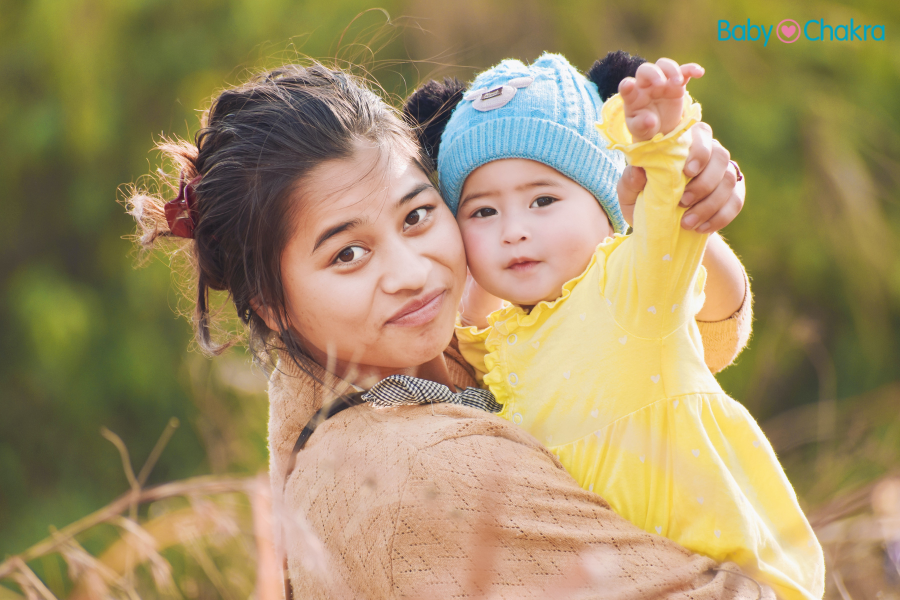
When Do Babies First Wave
20 Jun 2022 | 4 min Read
Sayani Basu
Author | 607 Articles
Watching your baby grow and gain new skills is incredibly thrilling. That first year is packed with moments when the infant masters a tricky movement and reaches exciting baby milestones. Babies have a heart-melting way of communicating and their non-verbal communication involves a lot of hand-waving. Waving is generally one of the first ways they communicate before developing speech skills.
No wonder, one of the most precious sights is your baby waving “Hi” to you for the first time. An exciting era actually starts when your child shows off their new skill by waving “hello” or “bye-bye” to everyone they meet.
If you are curious to know when babies learn to wave, take a look at this article!
Average Age And Signs That Your Baby Is Ready To Wave
While most babies start waving around nine months old, some may do it a little earlier and some a little later. As babies move at their own pace, they start showing off a “hello” or “goodbye” wave around seven to or eight months too.
Research suggests that “imitation skills,” like waving, is linked to your baby’s weight at birth. According to a 2013 study, babies with a very low birth weight were slower to master waving than other babies.
The little one might just flap their arm up and down, curl their fingers into a fist, or simply rotate their wrist.
With the pace of time, all those random movements will eventually turn into a unique wave.
What Other Skills Does Waving Bring About?
When your baby learns to wave, it demonstrates certain skills in the little one. Some of these are:
- Motor development: When babies learn to wave, they are also learning how to balance themselves enough to stand up unsupported, pull into a standing position, or take some steps.
- Understanding language: Along with waving, your baby is also learning to understand language and social interaction. They understand one-word phrases like “no” or “up.” They might also begin to respond with their arms.
- Cognitive development: As the little one learns to wave, he/ she is also learning to understand the emotions that are tied to facial expressions. For instance, they can now smile with you instead of mimicking you.
- Hand-eye coordination: Your baby has enough coordination to begin using their hands to perform those funny tasks. They can now move objects from hand to hand or bring finger foods to their mouth.
Signs That You Should Talk With The Doctor
Although one delayed milestone isn’t a cause of concern, you should consult a doctor if your baby is missing multiple milestones.
An eight-month old baby who doesn’t wave and can’t roll from side to side, sit up unassisted, or reach for objects or one who appears to have low muscle tone or excessively tight muscles might have a gross motor or a neurological condition.
Similarly, if your baby can’t wave yet and shows signs of a social-communication delay, there might be a developmental disorder.
Such a delay might show up as a baby who doesn’t smile socially, seek attention or affection and engage in any kind of babbling.
Conclusion
As a parent, try to follow your instincts. Afterall you will know your baby better than anyone. If you have a concern, it is advisable to talk to your doctor. Many specialists can help your baby develop such skills. The earlier you seek help, the more likely your baby can learn to master skills at the right pace.
If your baby hasn’t waved yet but is meeting their other milestones, give the little one time and keep encouraging them with facial expressions. They’ll get there for sure. Plus, once they start, you won’t be able to stop them!
A


Suggestions offered by doctors on BabyChakra are of advisory nature i.e., for educational and informational purposes only. Content posted on, created for, or compiled by BabyChakra is not intended or designed to replace your doctor's independent judgment about any symptom, condition, or the appropriateness or risks of a procedure or treatment for a given person.
